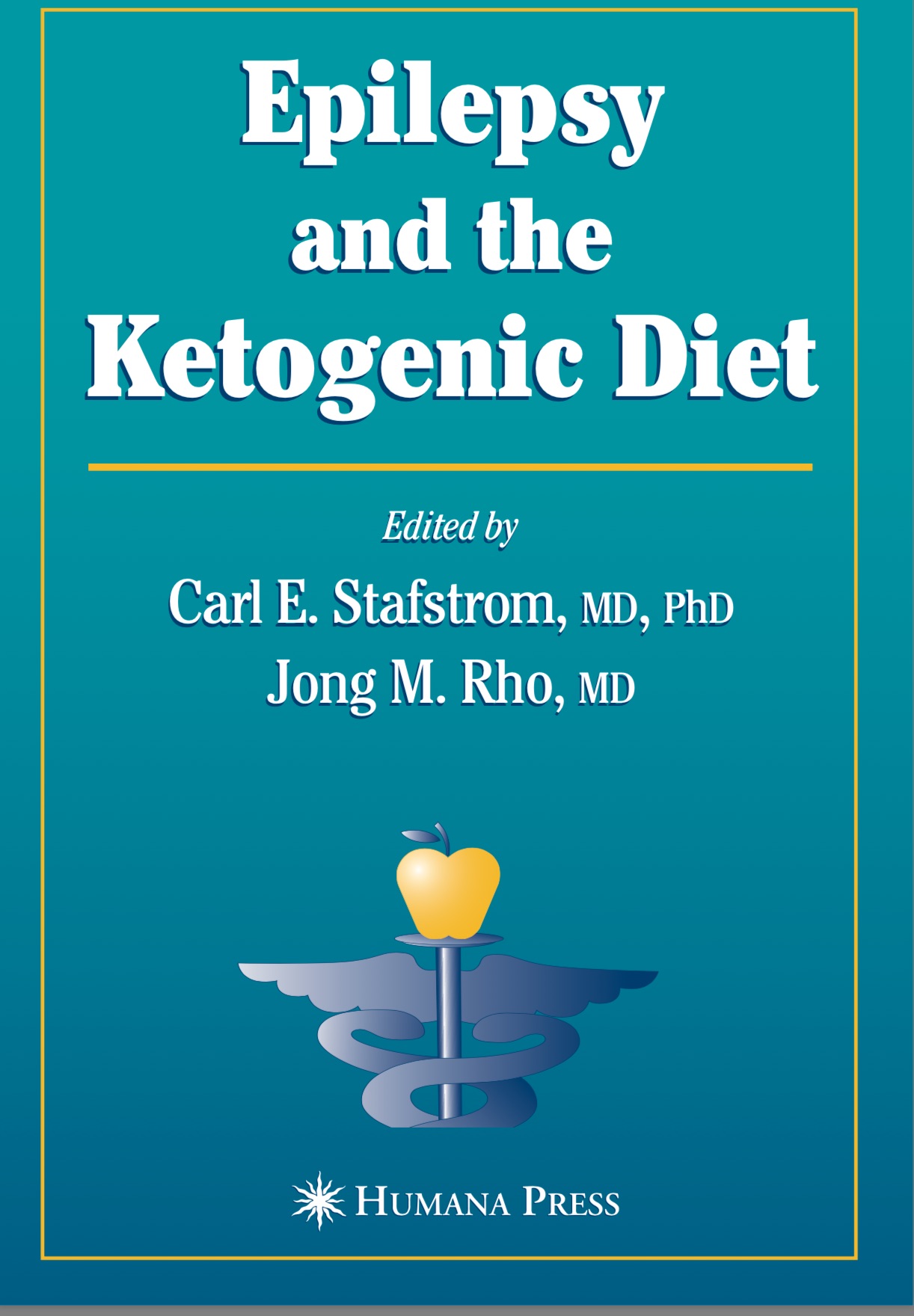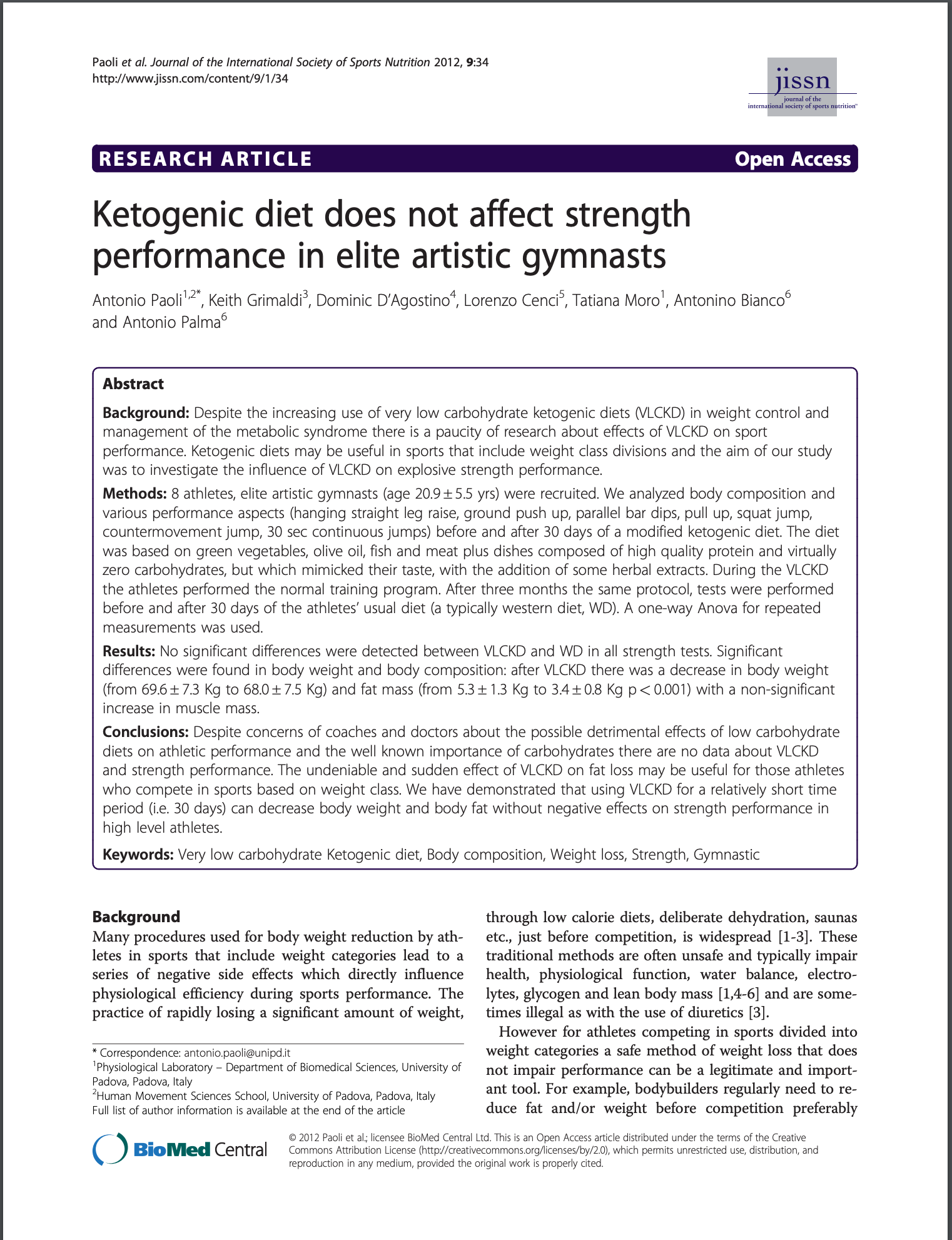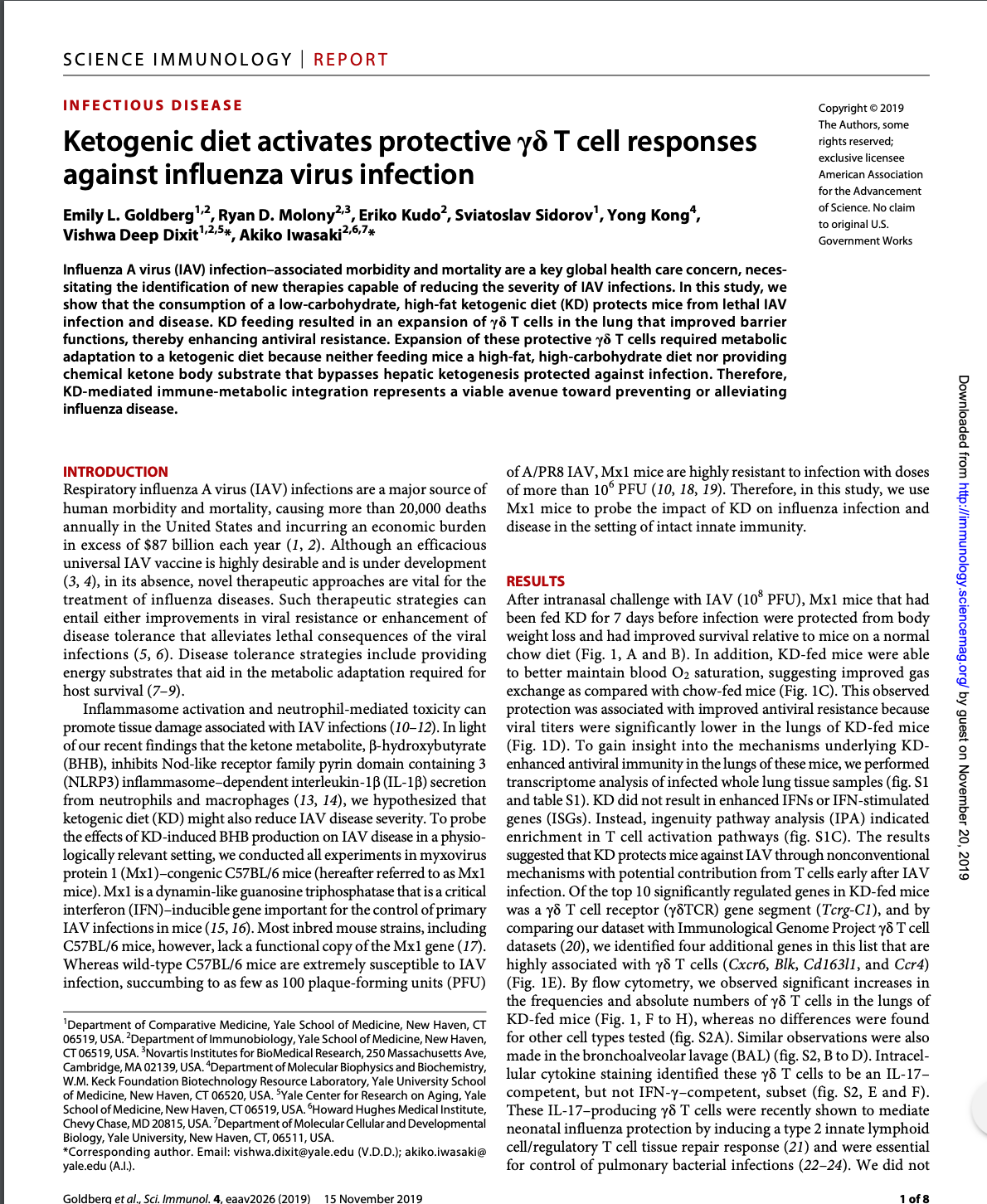Better plant based Low Carb ? Dietary carbohydrate intake and mortality: a prospective cohort study and meta-analysis.
- Détails
- Catégorie : Ketogenic Diet / Healthy diet
- Publication : vendredi 6 mars 2020 05:59
 Both high and low percentages of carbohydrate diets were associated with increased mortality, with minimal risk observed at 50–55% carbohydrate intake. Low carbohydrate dietary patterns favouring animal-derived protein and fat sources, from sources such as lamb, beef, pork, and chicken, were associated with higher mortality, whereas those that favoured plant-derived protein and fat intake, from sources such as vegetables, nuts, peanut butter, and whole-grain breads, were associated with lower mortality, suggesting that the source of food notably modifies the association between carbohydrate intake and mortality.
Both high and low percentages of carbohydrate diets were associated with increased mortality, with minimal risk observed at 50–55% carbohydrate intake. Low carbohydrate dietary patterns favouring animal-derived protein and fat sources, from sources such as lamb, beef, pork, and chicken, were associated with higher mortality, whereas those that favoured plant-derived protein and fat intake, from sources such as vegetables, nuts, peanut butter, and whole-grain breads, were associated with lower mortality, suggesting that the source of food notably modifies the association between carbohydrate intake and mortality.
https://www.thelancet.com/journals/lanpub/article/PIIS2468-2667(18)30135-X/fulltext
Complications of the Ketogenic Diet
- Détails
- Catégorie : Ketogenic Diet / Healthy diet
- Publication : vendredi 6 mars 2020 05:40
 There have been numerous uncontrolled clinical trials, mostly retrospective, which have demonstrated the diet’s efficacy in reducing seizure frequency in children with refractory epilepsy. However, adverse events have not been consistently reported in these studies, and few serious complications caused by the classic or modified KD have been reported. Chapter 9 in this ebook reviews the literature regarding adverse events that have been associated with the KD.
There have been numerous uncontrolled clinical trials, mostly retrospective, which have demonstrated the diet’s efficacy in reducing seizure frequency in children with refractory epilepsy. However, adverse events have not been consistently reported in these studies, and few serious complications caused by the classic or modified KD have been reported. Chapter 9 in this ebook reviews the literature regarding adverse events that have been associated with the KD.
https://www.academia.edu/21509593/Complications_of_the_Ketogenic_Diet
Ketogenic diet does not affect strength performance in elite artistic gymnasts
- Détails
- Catégorie : Ketogenic Diet / Healthy diet
- Publication : lundi 30 décembre 2019 00:58
 "Methods: 8 athletes, elite artistic gymnasts (age 20.9 ± 5.5 yrs) were recruited. We analyzed body composition and various performance aspects (...) before and after 30 days of a modified ketogenic diet.
"Methods: 8 athletes, elite artistic gymnasts (age 20.9 ± 5.5 yrs) were recruited. We analyzed body composition and various performance aspects (...) before and after 30 days of a modified ketogenic diet.
(...)Results: No significant differences were detected between VLCKD and WD in all strength tests. Significant differences were found in body weight and body composition: after VLCKD there was a decrease in body weight (from 69.6 ± 7.3 Kg to 68.0 ± 7.5 Kg) and fat mass (from 5.3 ± 1.3 Kg to 3.4 ± 0.8 Kg p < 0.001) with a non-significant increase in muscle mass.
Conclusions: Despite concerns of coaches and doctors about the possible detrimental effects of low carbohydrate diets on athletic performance and the well known importance of carbohydrates there are no data about VLCKD and strength performance. The undeniable and sudden effect of VLCKD on fat loss may be useful for those athletes who compete in sports based on weight class. We have demonstrated that using VLCKD for a relatively short time period (i.e. 30 days) can decrease body weight and body fat without negative effects on strength performance in high level athletes. "
Régime cétogène contre les infections pulmonaires ? Feeding mice a high-fat, low-carbohydrate ketogenic diet confers protection in the context of lethal influenza infection.
- Détails
- Catégorie : Ketogenic Diet / Healthy diet
- Publication : lundi 30 décembre 2019 01:04
KD-mediated immune-metabolic integration represents a viable avenue toward preventing or alleviating influenza disease
Our immune responses to infections are influenced by several extrinsic factors, including weather, social interactions, and diet. Here, Goldberg et al. report that feeding mice a high-fat, low-carbohydrate ketogenic diet confers protection in the context of lethal influenza infection. By characterizing the immune response in the lungs, the authors identified that ketogenic diet promoted the expansion of γδ T cells in the lung. Using mice lacking γδ T cells, the authors have established the functional importance of these cells in conferring protection. Their findings suggest that γδ T cells improve barrier function in the lungs by modifying differentiation and function of the airway epithelial cells.
https://immunology.sciencemag.org/content/4/41/eaav2026/tab-pdf
